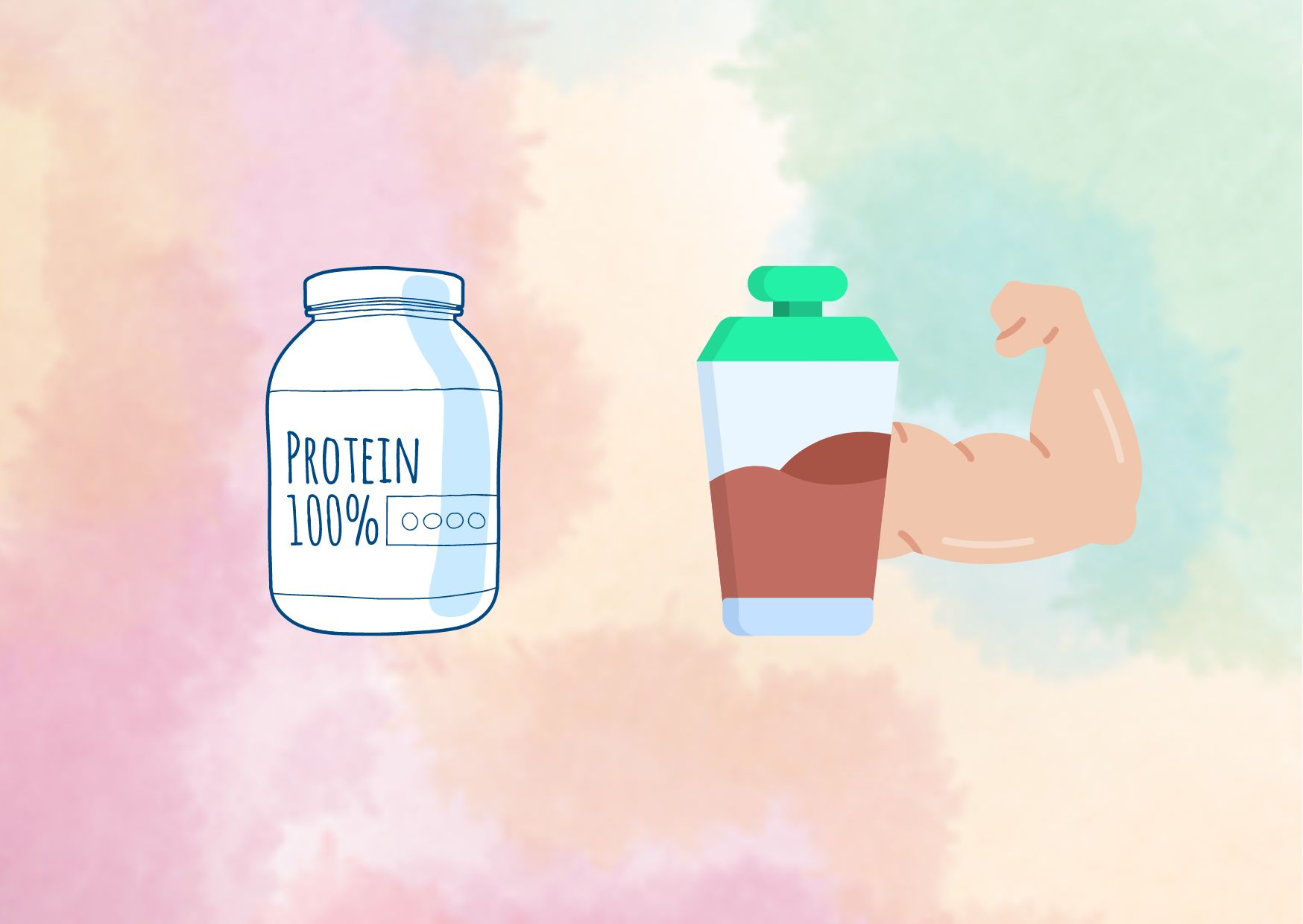The Real Story Behind Protein Shakes: Benefits and Risks
Protein shakes have become a staple in the fitness world, with many people turning to these convenient drinks to boost their protein intake. From bodybuilders to casual gym-goers, the popularity of protein shakes has soared, prompting questions about their effectiveness and potential risks. As more individuals seek ways to enhance their workouts and support muscle growth, understanding the real story behind protein shakes has become crucial.
This article delves into the world of protein shakes, exploring their composition and potential benefits. It examines how these drinks can aid in weight loss or weight gain, and discusses the optimal timing for consumption, such as before or after a workout or before bed. The piece also looks at the pros and cons of homemade versus store-bought options, and addresses common concerns about whether protein shakes truly work. By the end, readers will have a comprehensive understanding of protein shakes and their place in a balanced diet and fitness routine.
What Are Protein Shakes?
Protein shakes have become a popular dietary supplement, offering a convenient way to increase protein intake. These drinks are typically made by mixing protein powder with liquid, such as water or milk. While they can be beneficial for certain individuals, it’s crucial to understand their composition and potential effects on health.
Types of Protein Powders
There are various types of protein powders available, each with its own characteristics:
- Whey Protein: Derived from milk, whey protein is quickly absorbed by the body. It’s particularly effective for muscle building and is often consumed immediately after workouts.
- Casein Protein: Also found in milk, casein digests more slowly than whey. Some athletes choose to take it before bed for sustained protein release.
- Soy Protein: Made from ground soybeans, soy protein is a complete plant-based protein. It contains higher amounts of glutamine and arginine, which may support immune function and digestive health.
- Egg White Protein: This protein digests at a moderate rate and is a good option for those who avoid dairy.
- Pea Protein: Derived from yellow peas, this highly digestible plant protein is suitable for those with sensitive stomachs.
- Hemp Protein: While lower in protein content, hemp protein provides fiber and omega-3 fatty acids.
- Mixed Plant Proteins: Combinations of plant-based proteins like hemp, soy, rice, and pea are often used to create a complete amino acid profile.
Common Ingredients
Protein powders often contain additional ingredients, some of which may be concerning:
- Artificial Sweeteners: These are frequently added to enhance flavor without increasing calorie content.
- Thickeners and Gums: Ingredients like xanthan gum are used to improve texture but may cause digestive issues in some people.
- Fillers: Some manufacturers add fillers like coconut flour or psyllium to bulk up the product and reduce costs.
- Vegetable Oils: These are sometimes included to improve flavor and texture but may contain unhealthy trans fats.
- Milk Solids: Often used as a cheap bulking agent in lower-quality powders, these can cause digestive issues for some people.
It’s important to note that protein powders are considered dietary supplements and are not regulated by the FDA in the same way as drugs and food. This lack of oversight means that some products may contain harmful substances like heavy metals, BPA, or pesticides.
Nutritional Profile
The nutritional content of protein shakes can vary significantly depending on the brand and type of protein used. Here’s a general overview:
- Protein Content: Most protein powders contain between 10 and 30 grams of protein per serving.
- Calories: A typical protein shake may contain around 170 calories per serving.
- Fat: The fat content can vary, with some shakes containing around 8.5 grams per serving.
- Carbohydrates: Carbohydrate content is often low, typically around 2.5 grams per serving.
- Sugar: Sugar content can vary, but some shakes may contain around 1.8 grams per serving.
- Vitamins and Minerals: Many protein shakes are fortified with vitamins and minerals. For example, they may provide significant amounts of calcium, vitamin D, iron, and potassium.
It’s worth noting that while protein shakes can be a convenient way to increase protein intake, most individuals can meet their protein needs through a balanced diet alone. However, for those with dietary restrictions or specific nutritional needs, protein shakes can help meet daily protein requirements. As with any dietary supplement, it’s advisable to consult with a healthcare professional before incorporating protein shakes into your routine.
Potential Benefits of Protein Shakes
Protein shakes have gained popularity among fitness enthusiasts and health-conscious individuals due to their potential benefits. These convenient drinks offer a range of advantages that can support various health and fitness goals.

